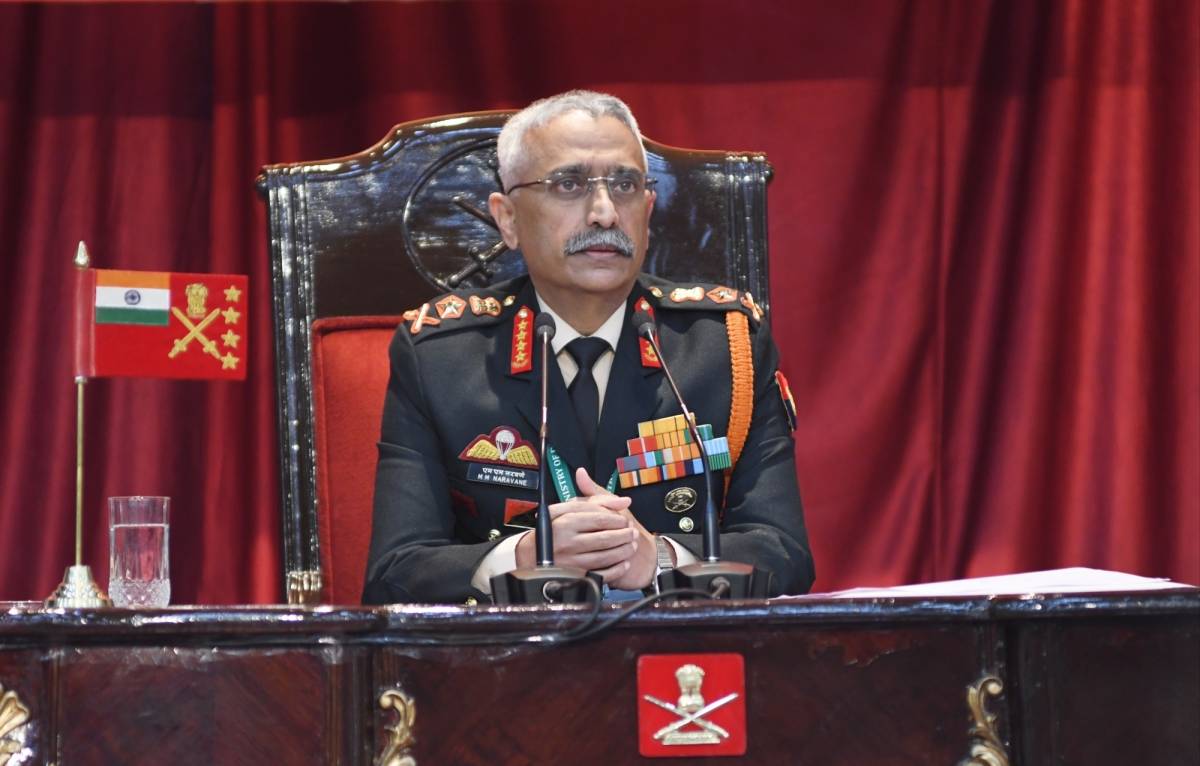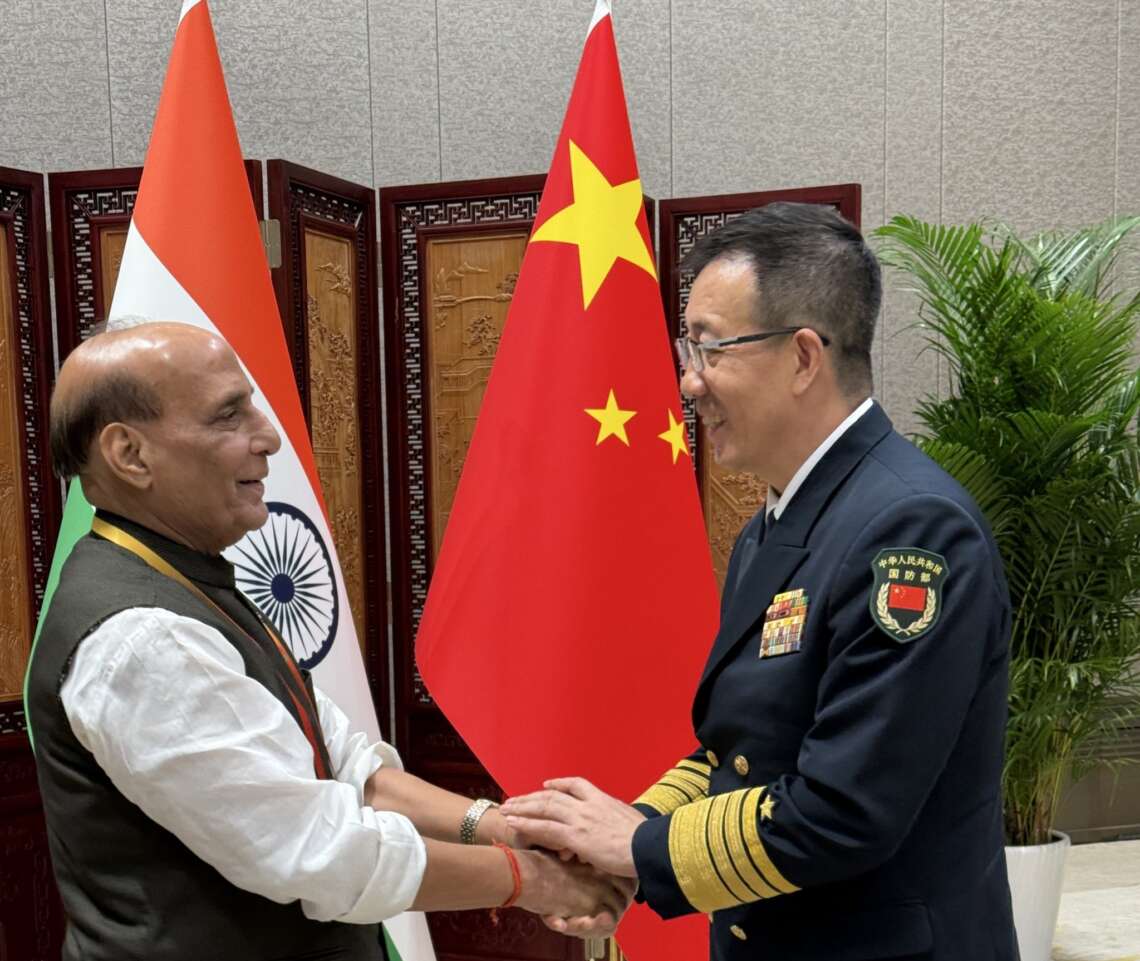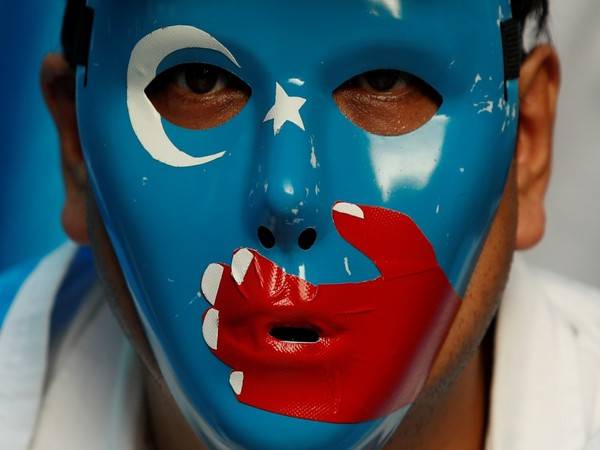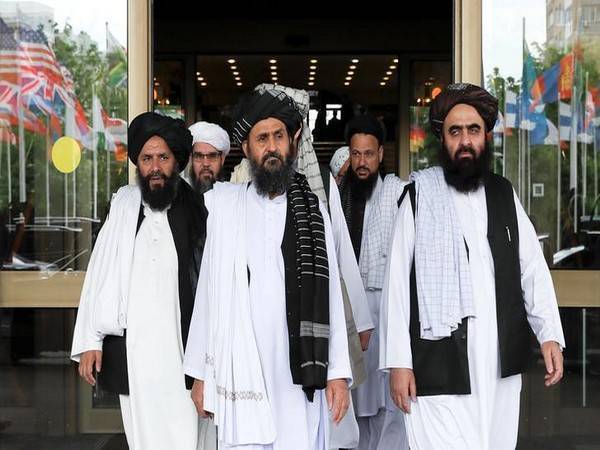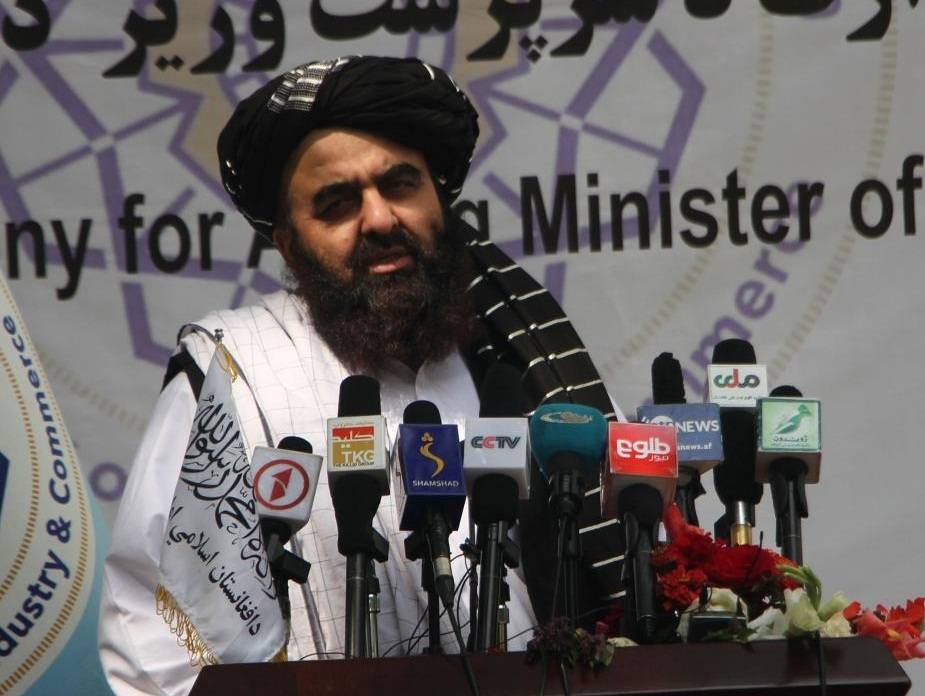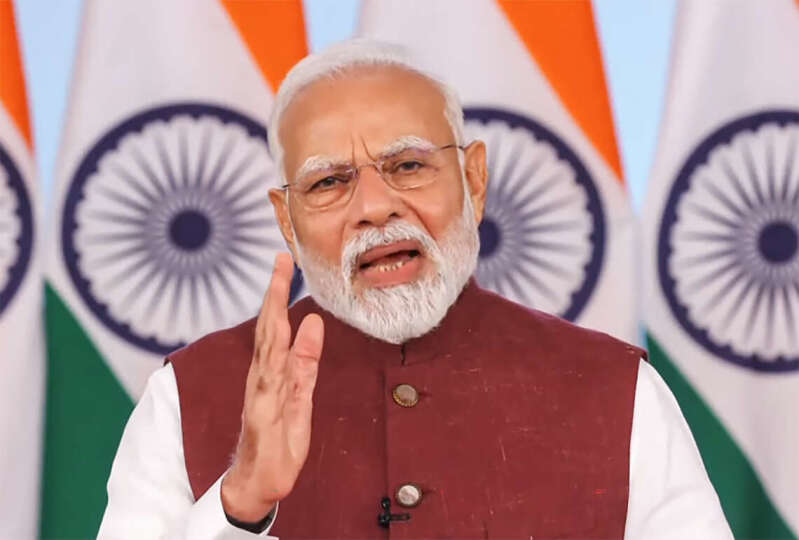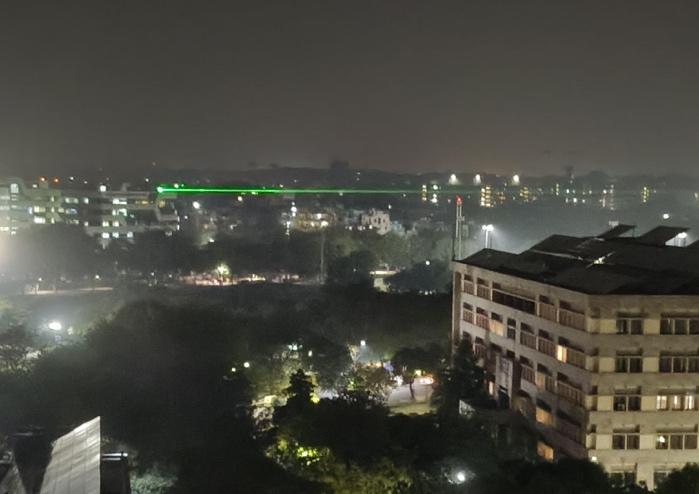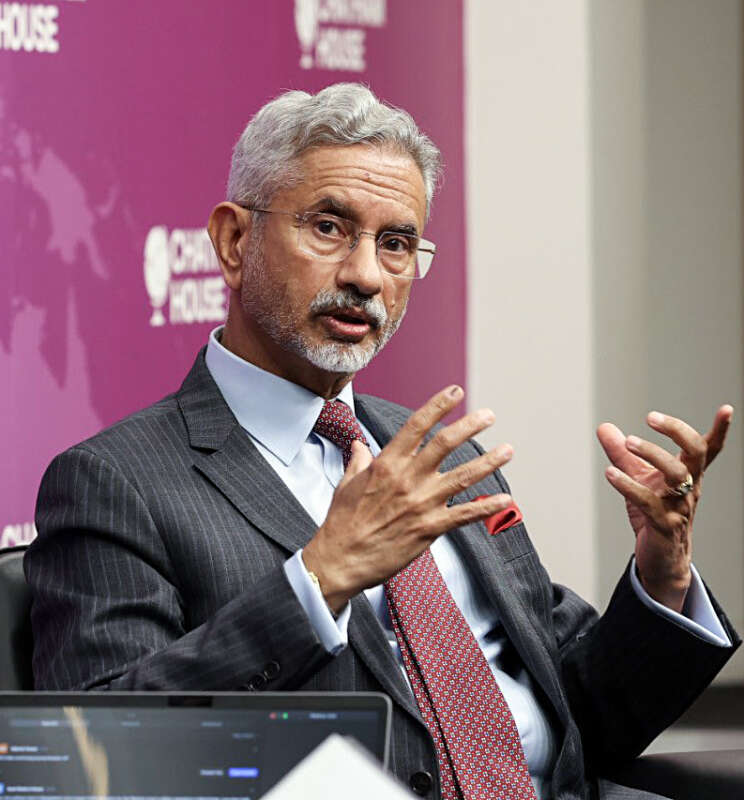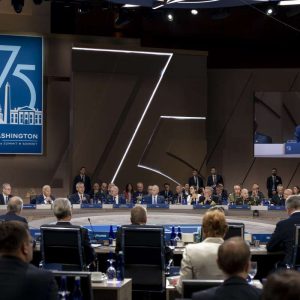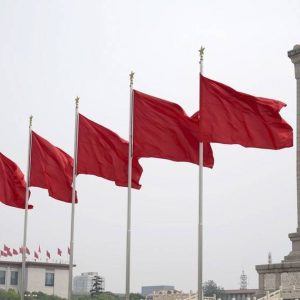General Manoj Mukund Naravane’s comments come at a time when the rivals are holding military talks to cool tensions in eastern Ladakh, reports Asian Lite News
If the Chinese army is to stay in eastern Ladakh, so is the Indian Army, army chief General Manoj Mukund Naravane said, referring to the military buildup and infrastructure development by the People’s Liberation Army across the contested Line of Actual Control (LAC). The statement comes as Corps Commander talks began on Sunday.
“It is a matter of concern that the large-scale buildup that occurred last year (when the border row erupted) continues to be in place,” the army chief said.
“To sustain that kind of buildup, there has been an equal amount of infrastructure development on the Chinese side. It means that they are there to stay. We are keeping a close watch on the developments. But if they are there to stay, we are there to stay too,” he said at a public event in New Delhi.
India has taken countermeasures and matched Chinese moves, Naravane said. His comments come at a time when the rivals are planning to hold the next round of military talks to cool tensions in eastern Ladakh.
India and China have been locked in a border standoff for 17 months. Despite two rounds of disengagement at friction points this year, the two nations still have 50,000 to 60,000 troops each deployed in Ladakh.
“If they continue to stay there for the second winter, it will definitely mean we will be in Line of Control (LoC) kind of situation (referring to the Indian and Pakistani deployments on the LoC), though not an active LoC as is there on the western front. We will have to keep a close eye on PLA troop buildup and deployments to ensure they don’t get into any misadventure once again,” Naravane said.
Asked to comment on PLA’s intentions, given its aggressive moves in the northern sector, he said: “I wish I knew. The most difficult thing is to get into your adversary’s mind. This is the question we have been asking not just within the army, but also at other forums. But whatever those reasons may have been, I don’t think they have been able to achieve their aims because of the rapid response by the Indian armed forces.”
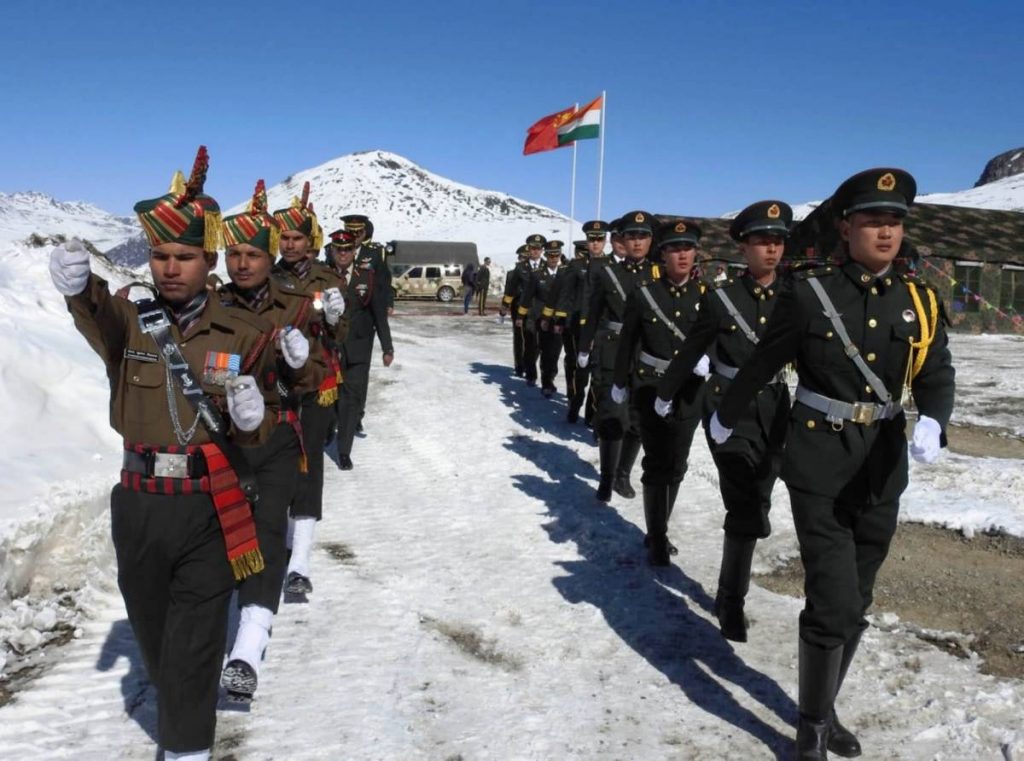
The army chief said renewed infiltration attempts by Pakistani terrorists were being witnessed along LoC in Kashmir after a four-month lull, following the renewal of a ceasefire pact with Pakistan in February 2021. The two countries first agreed in 2003 to observe truce along their de facto border in Jammu and Kashmir.
“The ceasefire held in totality till July. Incidents have started taking place again. There have been three incidents of ceasefire violation in north Kashmir. It seems to be a repeat of the 2003 pattern when it started with one odd incident and then rising to…as good as not having a ceasefire,” he said.
On the Afghanistan situation and its impact on Kashmir, Naravane said when the previous Taliban regime was in power 20 years ago, Afghan-origin terrorists were operating in the valley. “There is reason to believe that the same thing might happen once again. We are prepared for any such eventuality. Just as we dealt with them in early 2000s, we will deal with them now should they venture anywhere near us.”
Naravane flagged concerns about the recent targeted killings in Kashmir, saying the acts were unacceptable and a last-ditch attempt by terrorists to stay “a little relevant.”
On the possibility of women being assigned front-line combat roles given that the doors of the National Defence Academy have been opened to them, he said, “We have opened 10 branches of the army to women, except infantry, armoured corps and mechanised infantry. I think for the foreseeable future that will remain the same. I will not make any false promises. We will have to see how it goes along. None of our neighbouring countries have opened up their combat arms to women officers. Things could change in future. We have to move slowly… Change will happen but at its own pace.”
Military talks to resolve border dispute
India and China held the 13th round of Corps Commander talks on Sunday, at Moldo on the Chinese side, to resolve border dispute in Eastern Ladakh.
Both the countries discussed phase-III of disengagement and also overall de-escalation along the Line of Actual Control in Eastern Ladakh.
The talks are scheduled two months after both the countries withdrew troops from friction Patrolling Point (PP) 17A in Gogra at the Line of Actual Control in Eastern Ladakh.
The disengagement process was carried out over two days i.e. August 4 and 5, 2021. The troops of both sides are now in their respective permanent bases.
It happened soon after twelfth round of talks between the Corps Commanders on July 31, 2021.
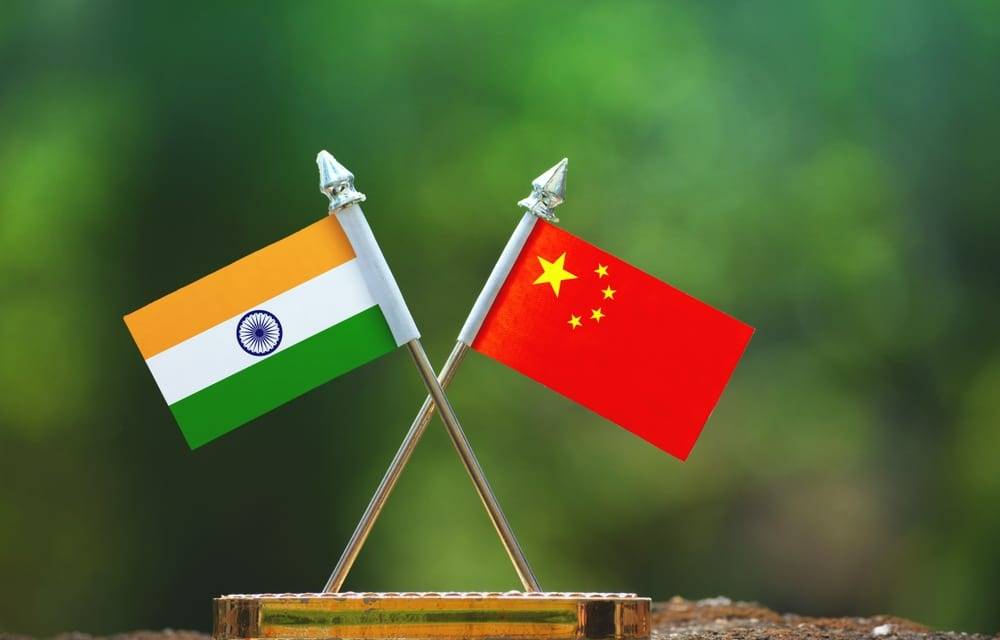
As an outcome of the meeting, both sides agreed on disengagement in Gogra. The troops in this area have been in a face-off situation since May last year.
With disengagement reached between both the countries for Gogra, India will now take up other remaining friction areas like Hot Springs and 900 square km Depsang plains during 13th round of military talks.
India has insisted during recent military commander meetings to resolve all issues across the Line of Actual Control.
Till now, apart from 12 round of Corps Commanders-level talks, the two forces have also held 10 Major Generals level, 55 Brigadiers-level talks and 1,450 calls over the hotlines.
Earlier, the troops of two Himalayan giants have disengaged from both the banks of Pangong Tso in February this year.
India and China have been engaged in border disputes for the last 16 months.


